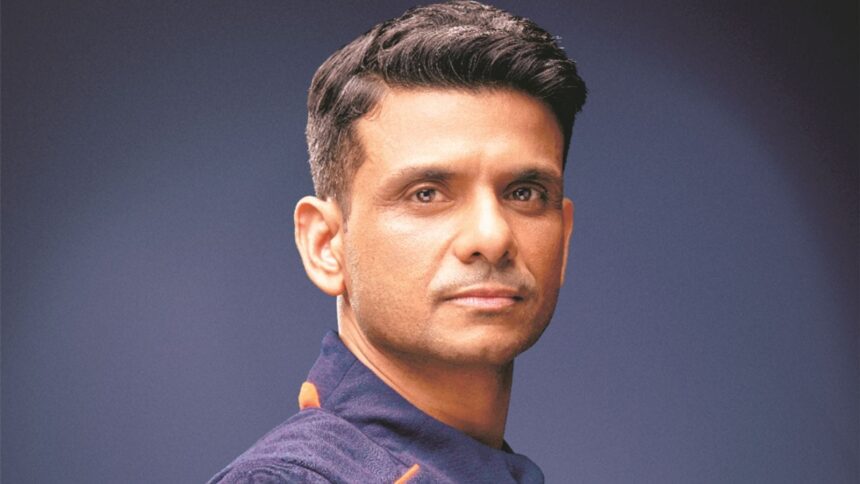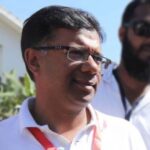AMONG the studies and experiments that will keep India’s Shubhanshu Shukla and other astronauts on Axiom-4 mission busy during their two-week stay in space expected to launch June 10, is one aimed at enabling diabetic people to travel into space.
As of now, insulin-dependent diabetic patients are not selected to become astronauts. That is because the space environment, particularly micro-gravity conditions, makes it difficult to control and maintain blood sugar levels. But scientists around the world have been working for the last several years to make this possible.
A diabetes-related research project on Axiom-4 mission marks an important step in that effort.
One or more astronauts on the mission — it is not disclosed who they may be — will wear Continuous Glucose Meters (CGMs) throughout their stay in space, and their real-time blood sugar measurements will be monitored by the research team on Earth.
They will also collect blood samples during their flight which can be tested later to validate the readings of the CGM.
The mission will also carry two varieties of insulin pens: one refrigerated, the other in ambient air conditions. These will check whether their integrity remains intact in micro-gravity conditions.
“One of the primary objectives of the study is collect data that is relevant for enabling space travel possible for diabetic people. But it is not just that. The research can be helpful for the management of diabetes on Earth as well,” Mohammad Fityan, the Dubai-based clinical lead for this research project called Suite Ride, told in an interview.
Fityan is the chief medical officer at the Burjeel Medical City, a hospital in Dubai which is collaborating with Axiom Space for this research project.
Diabetes research in space is not new. Studies on this has been going on for several years. Even CGMs have been worn by astronauts before. The astronauts on the Polaris Dawn mission, a private mission that remained in space for five days in September last year, wore CGMs. But this was limited to collecting blood sugar data while in space.
Last year, the Galactic 07 mission, a sub-orbital flight operated by Virgin Galactic, demonstrated for the first time that commercially available insulin pens can be used to effectively deliver the hormone in space.
Fityan said the study on Axiom-4 mission is a more “well-rounded attempt” on diabetes research in space.
“Real-time measurement of blood sugar, the validation of CGMs, and an assessment whether insulin maintains its viability and integrity in space… these are the things that have never been done before,” Fityan said.
“The study will continue for the two weeks of the mission. This is still a short-term study. We would not be able to monitor the blood glucose levels over a longer period. But even this data is very critical for understanding the effect of zero-gravity on diabetes. Microgravity removes many of the physical and gravitational forces acting on the body, allowing us to observe metabolic processes in a fundamentally different context,” he said.
Fityan said the research was relevant for diabetic people on Earth as well. “Previous studies on the International Space Station for example have shown that the effect of microgravity causes fluid shifts in the astronauts. This kind of situation is similar to long-term bed-ridden patients, whose movement is severely restricted. The data that we are hoping to get from the Axiom-4 mission might be very helpful in improving the management of diabetes on Earth as well,” he said.
“Then there is this possibility of the data throwing up some unexpected insights which can lead to secondary outcomes. This kind of thing happens all the time in scientific research,” he said.
Her stories have resulted in the city government investing in high-end tests for the poor and acknowledging errors in their official reports.
Dutt also takes a keen interest in the country’s space programme and has written on key missions like Chandrayaan 2 and 3, Aditya L1, and Gaganyaan.
She was among the first batch of eleven media fellows with RBM Partnership to End Malaria. She was also selected to participate in the short-term programme on early childhood reporting at Columbia University’s Dart Centre. Dutt has a Bachelor’s Degree from the Symbiosis Institute of Media and Communication, Pune and a PG Diploma from the Asian College of Journalism, Chennai. She started her reporting career with the Hindustan Times.
When not at work, she tries to appease the Duolingo owl with her French skills and sometimes takes to the dance floor.








